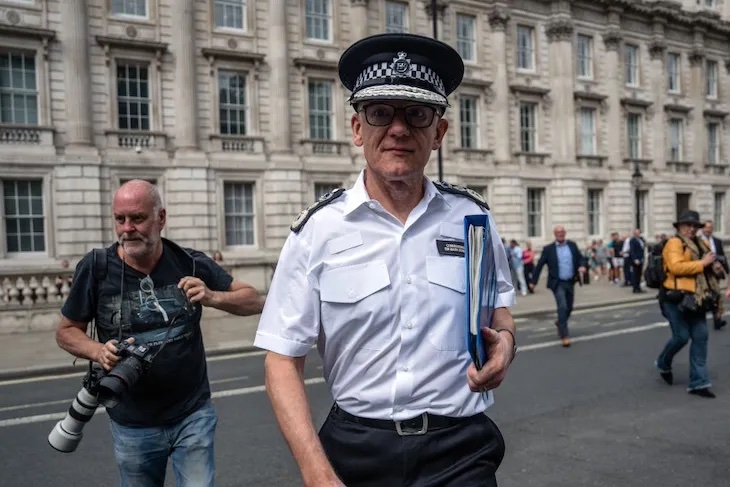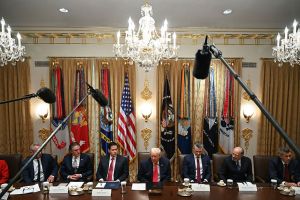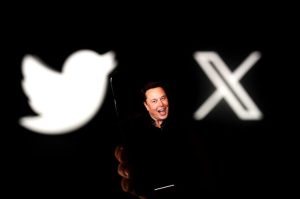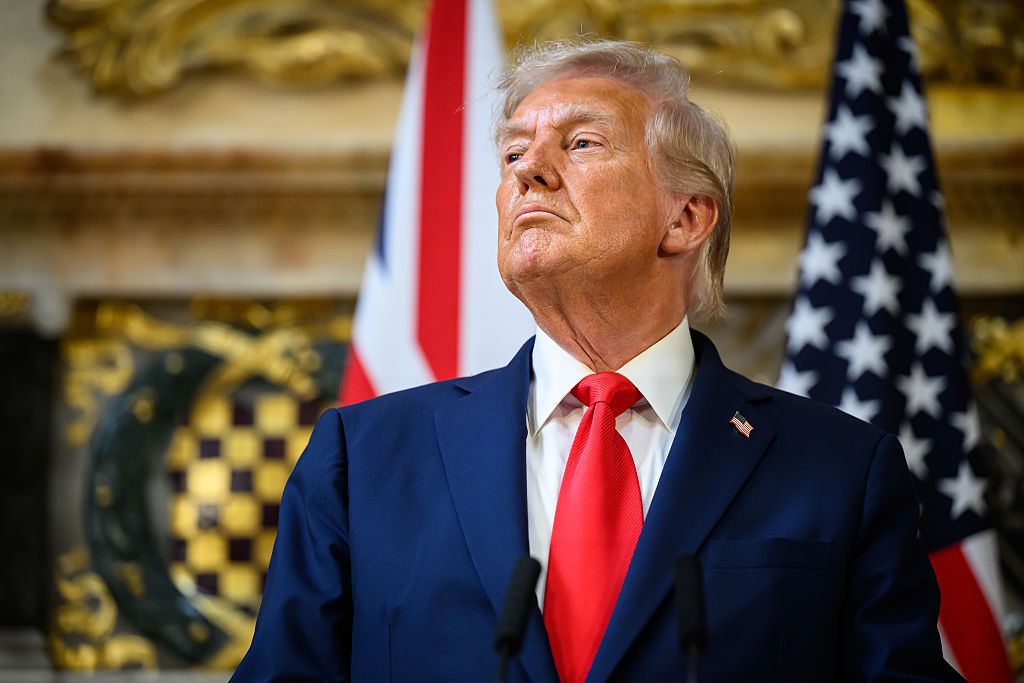The UK’s riots of 2024 will be remembered for many things. One of them is the way the establishment spectacularly closed ranks on online speech.
Metropolitan Police commissioner Mark Rowley said on Saturday that he intended to throw the book not only at rioters themselves, but at “keyboard warriors” who might support them. The Crown Prosecution Service, through the Director of Public Prosecutions, solemnly warned that anyone repeating inflammatory material online faced prosecution. Meanwhile, senior police were said to be trawling social media to hunt down those fomenting hatred and division.
Action followed words. A number of “keyboard warriors” who had said inflammatory things during the riots were indeed arrested, pleaded guilty and received some fairly stiff sentences. This has been much to the approval of the great and the good, who see a willingness to bring online speech under strict control as a vital part of the swift intervention to dampen the flames of the rioting.
Charges arising out of direct incitement to violence, or the deliberate planning of rioting or criminal damage, is both understandable and right. There is indeed every reason to penalize the screen-bound geek typing instructions as seriously as the hoodlum wielding the baseball bat. One man for example was imprisoned for twenty months for saying on Facebook “every man and his dog should smash [the] fuck out of Britannia hotel” in Leeds.
But there is rather more to this concentration on investigating online speech than meets the eye.
Firstly, a cynical point. Diverting resources from policing on the ground to scanning posts online is convenient for police managers. When encouraged by their political masters, it is a hard temptation to resist. Officers, after all, find it more comfortable taking notes than tackling thugs; keyboard warriors are less likely to argue when a constable arrives to arrest them; and it saves the trouble of ensuring your identification is correct in court proceedings following the rough and tumble of public disorder.
Secondly, this concentration on online matters neatly fits the government narrative of events. This is that the riots were a manifestation of far-right racist ideology, drip-fed to an innocent populace by malign influencers. Therefore, while accepting that the violence needed to be prevented, severe measures were also necessary to stem the poison at source by targeting the net. True, this is rather unconvincing. The riots nearly all happened in towns whose populations felt neglected and fed up, which suggests their cause was not so much ideological as economic and social: nor is there much evidence of any Mr. Big Influencer directing matters from behind the scenes. But what government would let that get in the way of a good story?
Third, we have to remember that the British establishment has always mistrusted the idea of an internet not ultimately under its control. In the case of the riots, the opportunity to blame online activity in general, and social media in particular, was simply too good to pass up. Progressives in government, the civil service and law enforcement had long ached for an excuse to clip Elon Musk’s wings, and to do something about the worrying ability of any Tom, Dick or Harriet to make their views public; here they had it in spades. No one should be surprised that they reveled in their opportunity to have ordinary members of the public told to watch their step when writing online, and to make a few examples of those who didn’t.
Of course, the casualty in all this will be free speech, though this will not unduly worry an administration wanting to announce triumphantly that it has scotched the snake of far-right racism by introducing much-needed controls on what people are allowed to post. It is up to us to point out how wrong this is, both on the causes of the riots and what to do about them. Let’s hope that someone, somewhere, is listening.
This article was originally published on The Spectator’s UK website.


























Leave a Reply